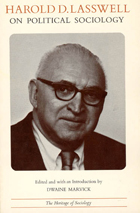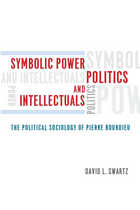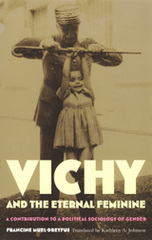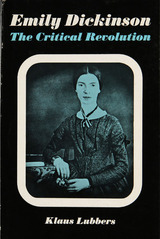


Roberto Michels' First Lectures in Political Sociology was first published in 1949. Minnesota Archive Editions uses digital technology to make long-unavailable books once again accessible, and are published unaltered from the original University of Minnesota Press editions.
A number of papers on key ideas in the social sciences are made available to Americans for the first time in this book. Representative of Western European culture, Roberto Michels, author of the famous Political Parties and many other works, asks and gives answers to a number of questions basic to the further study of political behavior, socialeconomic institutions, and public law.
There parade before the reader of this volume the really great European contributors to social science of the last century: Saint-Simon, Karl Marx, Gabriel Tarde, Gaetano Mosca, Vilfredo Pareto, Max Weber, Werner Sombart, Georges Sorel, and many other critics and scholars. At every step the sociologist, the economist, the psychologist, and the political scientist — for Michels was all of these—intermingle and reinforce each other.
German born, Roberto Michels studied at Paris, Munich, Leipzig, Halle, and Turin, and taught successively in some of Europe's greatest universities. In 1927 he lectured in America at the University of Chicago and elsewhere.


Drawing on an extensive body of legislative, religious, educational, medical, and literary texts, Muel-Dreyfus examines how the Vichy regime brutally resurrected the gender politics that had been rejected during France’s social struggles in the 1930s. Strikingly, she reveals how this resurrection in turn fed into racial politics: childless women, for instance, and those who had abortions were construed—like Jews—as threats to France’s racial “purity.” With its atendant patterns of social inclusion and exclusion that were deeply rooted in the political and cultural history of the Third Republic, Muel-Dreyfus claims, a pervasive range of gendered metaphors helped to structure the very laws and policies of the Vichy regime.
The French language edition of this book was published in 1996 to wide acclaim. Contributing to theories about the role of gender in political philosophy, to the cultural anthropology of symbolic representation, and to our understanding of the history of fascism, Vichy and the Eternal Feminine will appeal to French, European, and twentieth-century historians; students and scholars of gender and racial studies; political scientists; and anthropologists.
READERS
Browse our collection.
PUBLISHERS
See BiblioVault's publisher services.
STUDENT SERVICES
Files for college accessibility offices.
UChicago Accessibility Resources
home | accessibility | search | about | contact us
BiblioVault ® 2001 - 2025
The University of Chicago Press









